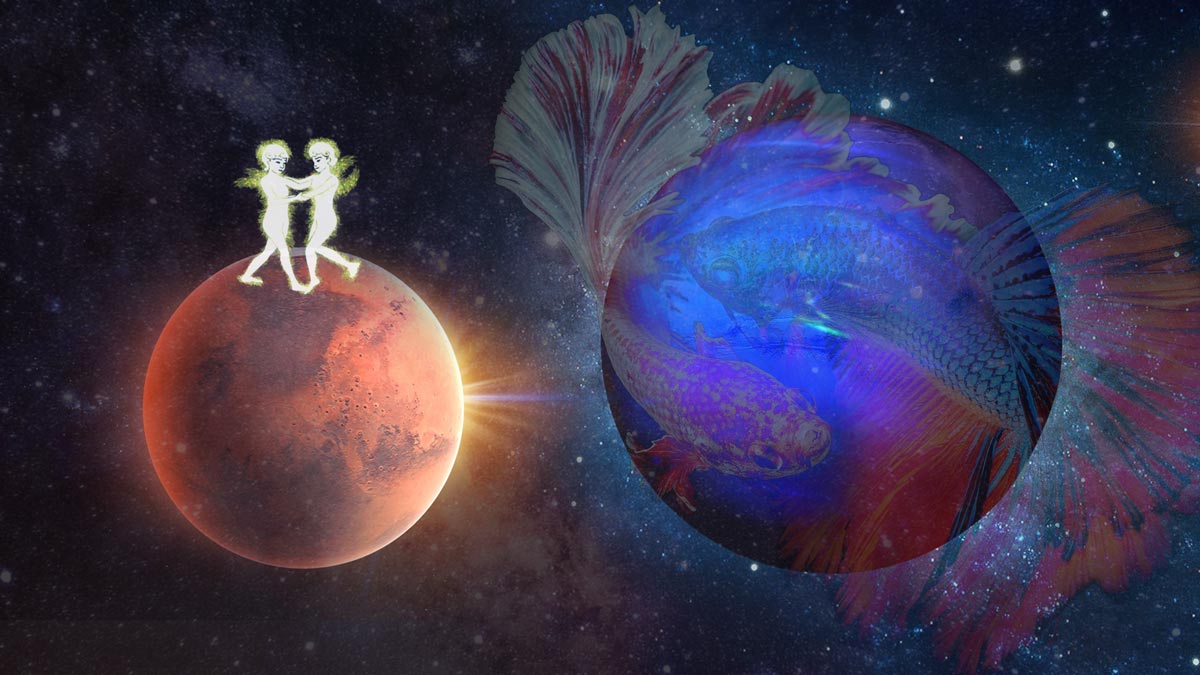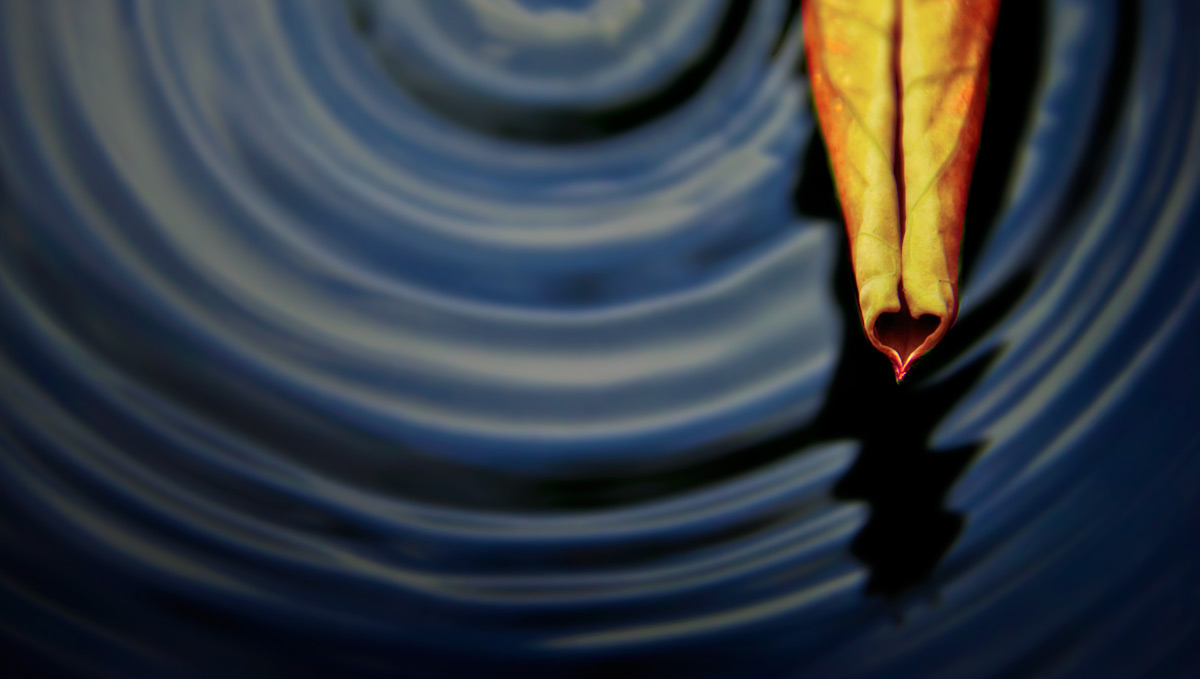
Dear Friend and Reader:
DURING ANY RARE MARS RETROGRADE that makes a series of squares to Neptune (or any outer planet), there is just one retrograde contact. The other two happen with Mars moving in direct motion, before or after the retrograde. The one before took place last month. The one after happens in March.Saturday at 10:43 am ET, retrograde Mars in Gemini meets Neptune in Pisces at exactly 90 degrees (a square) — an aspect of potent influence, perhaps more than any other. Retrogrades point inward; squares describe internal dynamics that are often so intense, they must be projected into the environment to relieve psychic pressure.
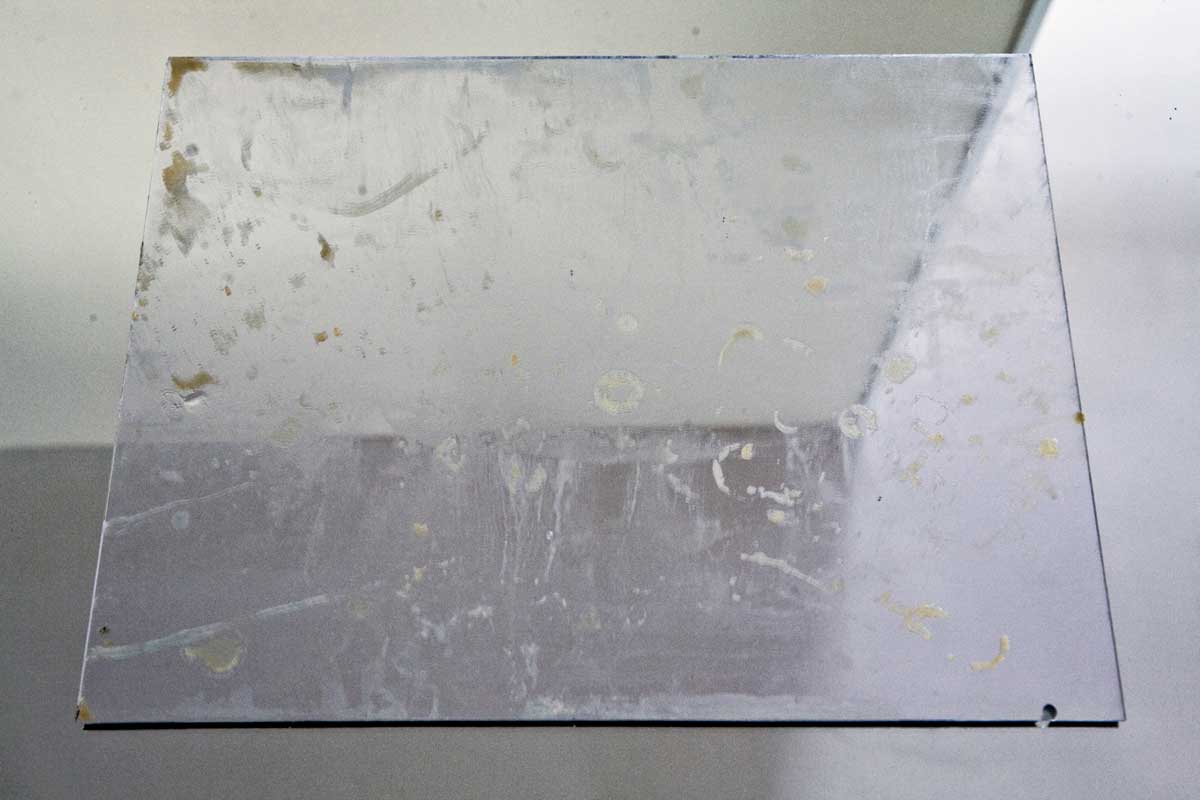
Speaking of — these very days are the time of maximum pressure of this aspect, which feels as comfortable as gasoline vapor being squeezed inside a piston. We are within a kind of singularity point of hotly focused transition. Let’s consider how that might look.
Squares often represent the drive to reconcile two seemingly conflicting or competing realities.
In the realm of Gemini, the inherent themes include exploring mirrored, polarized or oppositional situations; inner divisions of many kinds; pairs of things, such as lovers, twins and siblings generally; and concepts of existence (such as the mortal and the immortal or ego and soul).
We see another sense of the split described by Marshall McLuhan in his 1955 essay “Space, Time and Poetry” as a phenomenon of society that tells us something about where we are today: “There does exist, then, a two-way bridge between the traditional and technological worlds which are at war in Western culture. But it has been officially ignored or condemned.
“To travel this bridge requires of the traveler an acquaintance with the language and techniques of poetry on the one hand, and the language of painting, architecture and the visual world on the other. Few are prepared to acquire both languages, and so the war between the worlds continues, waged witlessly in the classroom and the marketplace alike.”
It is easy enough to have any belief whatsoever “validated” by what you might find on YouTube or elsewhere; in the space of five minutes, it’s possible to find witnesses to support any position. Such external validation (often a projection) can extinguish curiosity and end the quest for truth.

The Provocation of a Question — Or Confusion
While Mars is exploring this Gemini territory (which includes the secret language of twins), it is encountering Neptune, the planet of inspiration, imagination, delusion and denial. This feels like plunging a hot rock into cool water.
Mars square Neptune can drive self-delusion and self-destructive tendencies. Someone who gets arrested for DWI just once in their life might have it happen under this aspect. Someone who has it as a feature of their natal chart might constantly need to hedge against reckless conduct and have quite a time keeping their ego under control, if they ever get that far.
Remember that Neptune in distinctly dualistic Pisces can have a “parallel worlds” sensation. It can represent two adjacent, opposing or overlapping dimensions of reality. And this can be painfully confusing for those who do not have the spiritual or intellectual capacity to handle the potential contradiction.
To me this aspect describes a probe, provoking the question, what is true, and how do you know? Most people do not get past their own unquestioned beliefs, and this is the source of considerable struggle. The prevailing credo or central delusion of our times — and of this aspect — seems to be, “If I believe something, that makes it true.”
It is easy enough to have any belief whatsoever “validated” by what you can find on YouTube or elsewhere; in the space of five minutes, it’s possible to find witnesses to support any position. Such external validation (often a projection) can extinguish curiosity and end the quest for truth.
“See? Someone else believes what I believe. Therefore it’s true.” All contacts between Mars or Mercury and Neptune can have this property; they can all have a touch of “if you lie, I will swear to it.”
Assuming that what is true (meaning documented and in some way verifiable) matters, we are in dangerous territory when we conflate belief with established fact. Eventually, that game runs out.

Lost in the Fog of Belief
My observation is that belief itself is the fog in which we are lost. For about 500 years, the English word “belief” has meant, “conviction of the truth of a proposition or alleged fact without knowledge.”
If we go back another 300 years, we find the meaning, “a creed, essential doctrines of a religion or church, things held to be true as a matter of religious doctrine.”
Assuming that what is true (meaning documented and in some way verifiable) matters, we are in dangerous territory when we conflate belief with established fact. Eventually, that game runs out.
This is especially a problem in an age when science, which was supposed to have been the remedy to ungrounded belief, superstition and church propaganda, is conducted by fiat. Science is the thing we are told we must follow rather than evaluate — especially if your lab’s budget depends on you sticking with the agenda.
You are invited to read this insightful essay by Celia Farber in which she analyzes Anthony Fauci’s actual influence on science the past 39 years he has been in office. Celia began her investigative reporting career as a college student intern at SPIN magazine and has covered Fauci since the first day he was in office.
She credits him with the invention of the Guillotine — the threat that people doing real science (meaning asking significant questions that contradict the government position) will get their heads chopped off if they don’t follow the party line.
Borasisi addresses the ways in which science, which is supposed to be about the pursuit of objective truth, ended up rigging the whole world with hydrogen bombs that can destroy civilization in about 10 minutes.
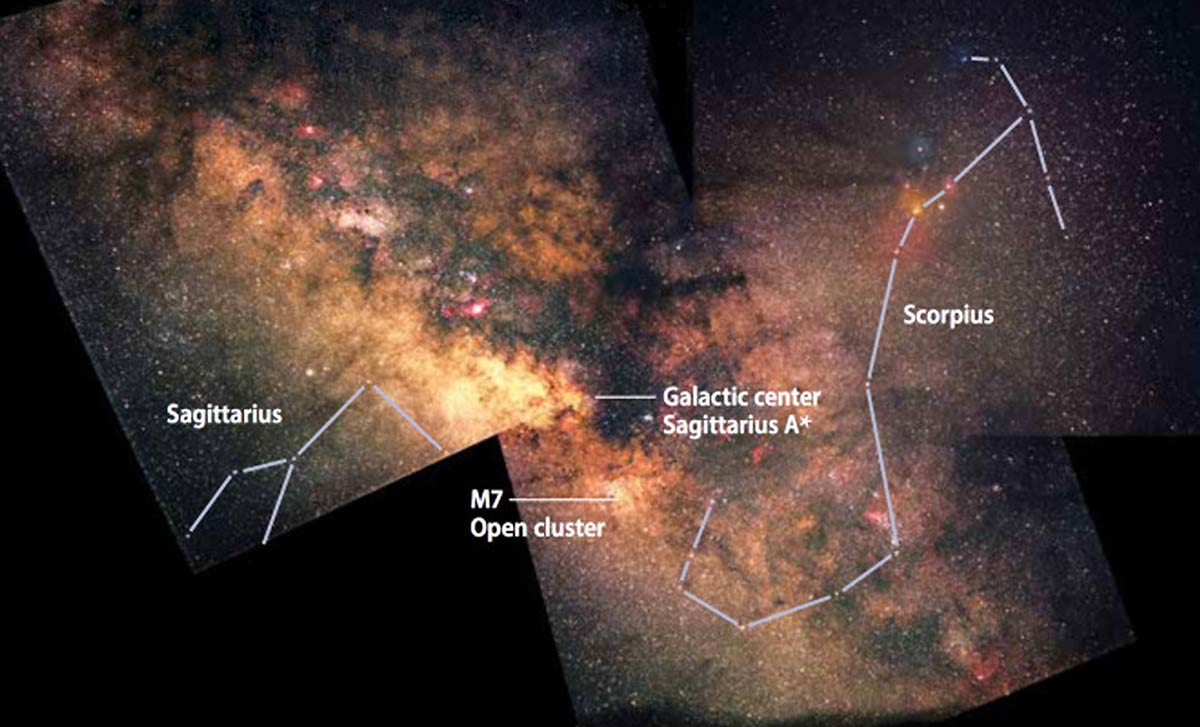
The Borasisi Factor
Typically, this whole realm of matters (the faith-belief spectrum) is attributed to Neptune, which works well enough. However, we are also in the territory of an astrological factor called Borasisi. I have not written about this planet for a long time, though it is in Pisces (from 2003-2024, discovered in 2003, with a 287-year orbit), and it was directly involved in the recent Mars station retrograde. Mars was square Borasisi at the time it went retrograde last month.

Borasisi, in turn, is making a long square to the Galactic Core in Sagittarius. The Galactic Core to me has the sensation of a spiritual beacon or homing signal. Both as a planet and as a concept, Borasisi is now in play.
Borasisi is named for a fictional deity in the 1963 novel Cat’s Cradle by Kurt Vonnegut. This truly brilliant book (short, sweet and hilarious) deals with such themes as the truths of religion versus the lies of science, and the problem of science becoming a religion of blind faith.
Borasisi addresses the ways in which science, which is supposed to be about the pursuit of objective truth, ended up rigging the whole world with hydrogen bombs that can destroy civilization in about 10 minutes.
It speaks to the problem of scientists being disconnected from the moral outcomes of the technologies they create. At the same time, they are presented to us as heroes, humanitarians and saviors.
There are many parallel realities to the hydrogen bomb, including the vast diversity of uncontainable chemicals that have been unleashed on the world. These range from pesticides to plasticizers to dioxin, all of which are wreaking hormone chaos (called endocrine disruption, leading to many, many other health problems).
Those people who “believe in science” might well ask themselves how these problems came to be, and how exactly the idea emerged that “anything science says is right.” We might consider the difference between science and political science.
Vonnegut sums up one theme of his novel: “Beware of the man who works hard to learn something, learns it, and finds himself no wiser than before.”
I think we deeply crave the re-enchantment of the world. We want there to be beauty to the cosmic order that transcends the data and the scientific papers.

The Disenchanted World
In his landmark book Cosmos and Psyche, Richard Tarnas describes another problem with the so-called scientific revolution: the disenchantment of the world. By this he means the stripping of nature and beauty down to mathematics, chemical formulas and the demanding of proof for everything.
This, he says, is what made astrology and many other art forms of their metaphoric beauty presentable as a kind of fraud on the public.
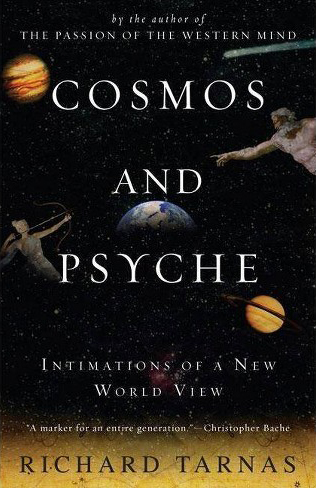
I think we deeply crave the re-enchantment of the world. We want there to be beauty to the cosmic order that transcends the data and the scientific papers.
As well, the idea that “everything science says is a lie” is equally disenchanted and cynical. Scientific pursuits such as photography, astronomy and astrophotography, have offered us many gifts that help us witness and appreciate the beauty of nature.
We humans, who are part of the natural world, need to feel our connection to the world and the universe in a way that cannot be proven.
Thrusting humanity and all of its social interactions into the dimensionless, denatured internet has only stripped down the enchantment and beauty of our relationships and reduced them (and us) to data sets. Sex is reduced to pornography and the body is reduced to a hollow shell and a disease vector.
Yet it is still possible to make contact with the deeper truths of existence. It is still possible to crave connection with the greater reality within and around us. We are now entering one of my favorite times of year as a reporter on the cosmos beat — when the Sun is in Sagittarius and aligns with a series of deep space points, including the Galactic Core.
There is beauty all around us, which is both cosmic and mundane. For now, as Mars aligns with Neptune on its deeply introspective mission, we have a probe into the mysteries, the nature of faith and the nature of belief.
While you’re there, remember, there was never a scientific study proving the Beatles made beautiful music. No peer-reviewed paper can document how much you love your kitty cat or the light of the Moon reflected on the water.
You feel these things, or you don’t.
With love,
![]()
